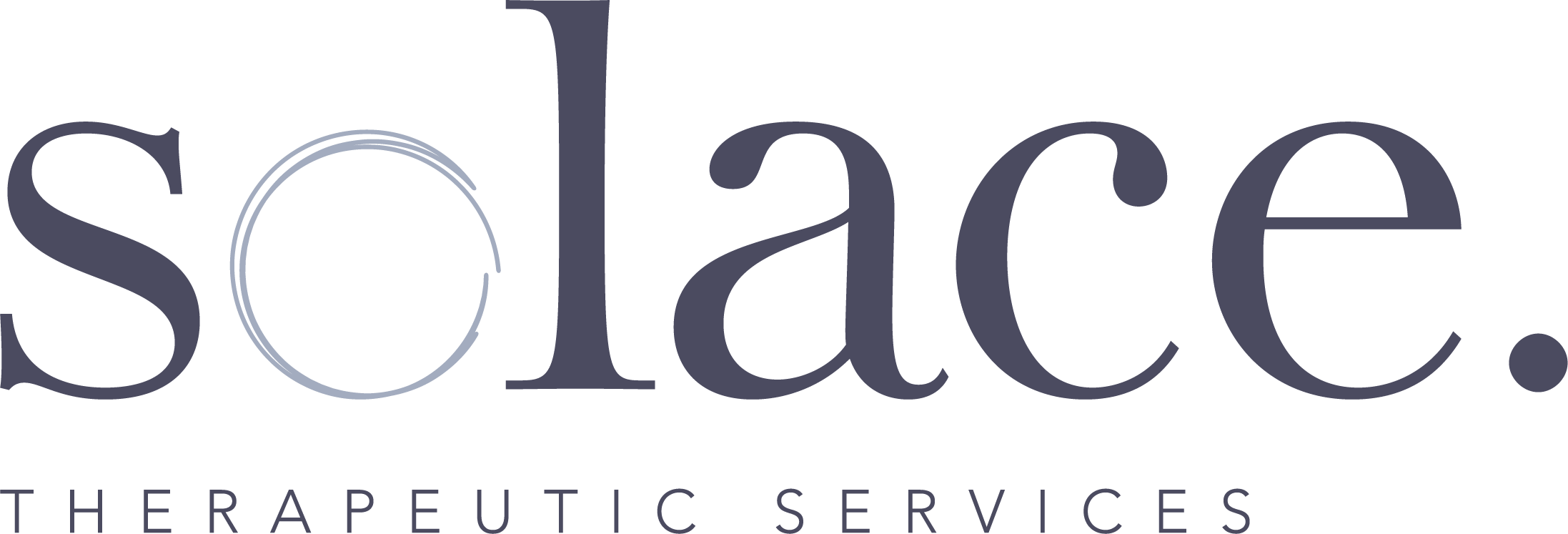No matter the Challenge
-
Contact Us
(910) 292-4879
-
Mon - Fri 8:00 AM - 8:00 PM
- Client Portal
- July 2023
- /
- Morgan Lavender
How to find the right therapist for your unique needs.
Here at Solace, we are big on rapport and there’s a reason why! Research shows that the quality of the therapeutic relationship is one of the biggest predictors of therapeutic success (especially when working with trauma). Because of this, it is critical to find a therapist who you feel works for your needs, and that you can genuinely connect with. But what does that connection look like? And how do we know when it is not there? Check out some of our thoughts on when you know you’re in a positive, functioning therapeutic relationship.
Just like we 'click' with some peers over others, there are certain instances where that connection with our therapist just isn't there.
You feel safe and trust your therapist. Therapy is a place to share the hard stuff in a safe, non-judgemental place which is why it is important to evaluate the level of trust you feel with your therapist. While various factors impact our ability to trust (trauma specifically), your therapist should create a space where you feel they have your best interest in mind, follows your lead and respects your boundaries around what you are and are not ready to share.
They are able to challenge you gently. While it can be appropriate and beneficial to have more casual, relationship building conversations with your therapist in the beginning, an effective therapist is able to identify moments where your perspectives, patterns or behaviors can be challenged in a gentle and supportive way. Without this guidance towards looking at things in a new way, we can become complacent in our current way of operating, limiting our ability to change. Your therapist should have a balance of validation and support, with these more direct moments. It is important to note that you should never feel judged, criticized or put down by your therapist.
Ever have that “Ah-Ha” moment, when things start to make sense? A skilled therapist should be able to guide you to these moments of insight and clarity by highlighting patterns, awareness into your thoughts or understanding certain behaviors that may have been difficult to understand before.
Collaboration and feedback are also important in a productive, effective therapeutic relationship. It is important to feel that you are working on shared goals with your therapist; ones that you helped create and find importance in. While working on these goals, it is helpful for therapists to ask for feedback as to how your experience in therapy is going. This could look like checking in about how you feel you are progressing, what you are enjoying and wanting more of, or things that you are unhappy with- And then they apply that feedback! The more open conversations you have around these areas with your therapist, the more you will have individualized, and flexible care.
We all have people that we meet and just “click’ with. Therapists are no different! While it often takes 2-3 sessions to get a feel for your therapist’s approach, sometimes we come to realize that it just isn't there. It doesn’t mean something is wrong with you, or with the therapist; sometimes two people just don’t work well together, and that’s okay!
It is important to shop around for therapists and we recommend asking potential therapists for a brief consultation call in order to get a feel for what sessions may look like with them. If you realize throughout therapy that the relationship is no longer serving you in the ways you need, there is no shame in finding a new therapist. Communicate around what you need to change, or that you feel the relationship may have run its course!
Choosing a therapist is an important decision, and often the hardest step! Here are some cheat sheet questions to ask your current or potential therapist to ensure you are working with someone whom you can make a genuine and fulfilling connection with.
-
1. Can you tell me about your approach? What should I expect in our sessions?
2. What is your experience, working with concerns and backgrounds such as mine?
3. How do you navigate building the relationships, or any issue that can arise?
4. What are your areas of specialization and expertise?
5. How do you set goals?
6. Do you provide homework in-between sessions?
7. Are you open to discussing cultural sensitivities and diversities in therapy?
8. What are your cancellation policies, and how does it work with Emergency situations?
9. Do you offer flexibility to have both in-person and virtual appointments?
10. Can you describe the type of client you work best with?
